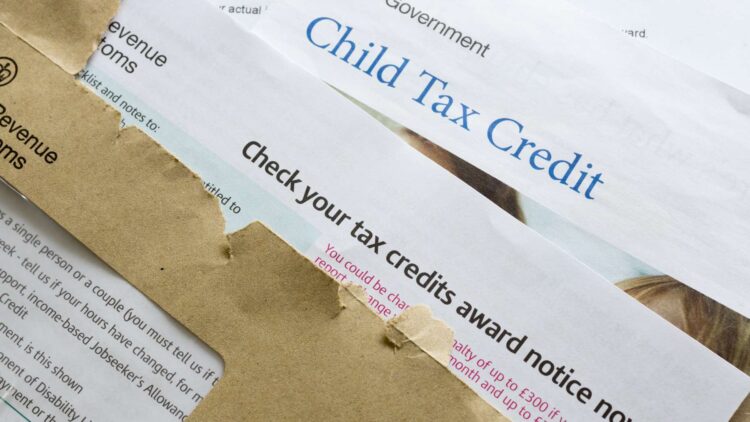As of 2025, middle- and low-income families can get a rebate of up to $2,000 per child from what they owe in federal taxes. Some of it can be cashed out, some of it can only be applied to outstanding balance, but either way it helps families afford better care for their children. The new bill that Congress wants to pass would lock in that $2,000 credit permanently and would then increase the credit to $2,500 per child between 2025 and 2028. After 2028, the Child Tax Credit amount would be tied to inflation and would rise with it, ensuring that it at least keeps pace with inflation and the cost of living.
Supporters of the new bill like Rep. Jason Smith (R-MO) say the changes are crucial, as with daycare costs through the roof, up over 200% in the last 30 years and in some places pricier than college tuition, he argues that “a critical investment in America’s future workforce” is more important than ever.
Qualifying would remain more or less the same as for the current Child Tax Credit, the child must be under 17, must have valid Social Security numbers, and the parents’ income must stay under $400,000 (for joint filers) or $200,000 (single parents or heads of household) and the amount you can claim would be proportional to that income.
The difference with the current system would start with the refundable part, as only $1,700 of that credit is considered “refundable,” which means even families who owe no taxes could still get a check for that amount. To access that refundable portion, families have to earn more than $2,500, and can only get 15% of anything they make above that threshold, which, for families making very little or no money at all, makes reaching the full refund nearly impossible. Experts say that around 17 million kids already do not get the full $2,000 credit because their families earn too little to qualify for the full refundable portion and this new plan keeps the same income-based formula in place.
The new plan also will cause around 4.5 million children that are U.S. citizens or legal residents that would qualify for the rebate could lose access to the rebate as their parents do not have Social Security numbers, even if they themselves do.
The solar credit that is being cut
While the Child Tax Credit expansion gives moderate good news, other credits born from the 2022 Inflation Reduction Act are getting cut. The Senate is planning a major rollback on solar energy credits that homeowners rely on to make switching to clean energy more affordable and that were supposed to last until 2032. A Senate Finance Committee proposal from mid-June 2025 would fast-track the cuts and under this new plan, solar (and wind) credits would drop to just 60% of their current value by 2026, disappearing completely by 2028.
For those planning to install solar at home, the cut is even more abrupt as once the bill is passed and signed into law, the credit would vanish just 180 days later, ending any hope of using it through the originally planned 2025 deadline.
Other types of renewable energy like nuclear, hydroelectric, and geothermal would not suffer any cuts, and their credits would stay at 100% until 2033 and phasing out by 2036, but this does not help most families, as they cannot fit a reactor in their back yard.
The Child Tax Credit is one of the most popular rebates that the Internal Revenue Service (IRS) offers to middle- and low-income households with minors. Given how expensive childcare and childrearing in general have gotten in the US, it is no surprise that many lawmakers are trying to increase federal programs that would allow families to improve their economic situation. But one of the other popular credits that will be rolled back is the solar energy incentive, which families were using to decrease their electricity bill, so if you had planned to do it, consider speeding up your timeline.

